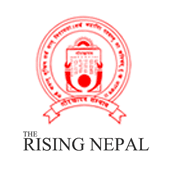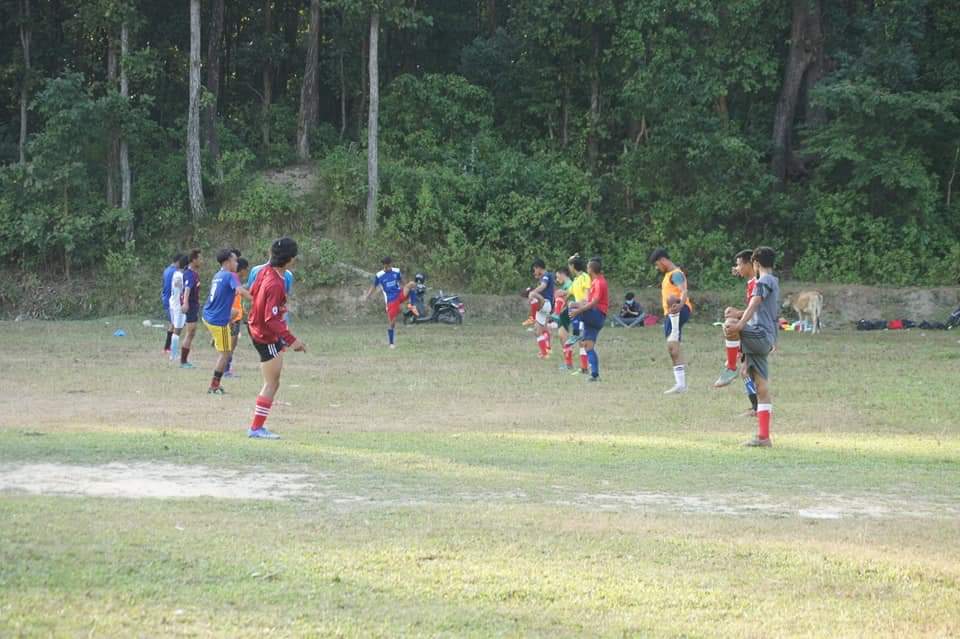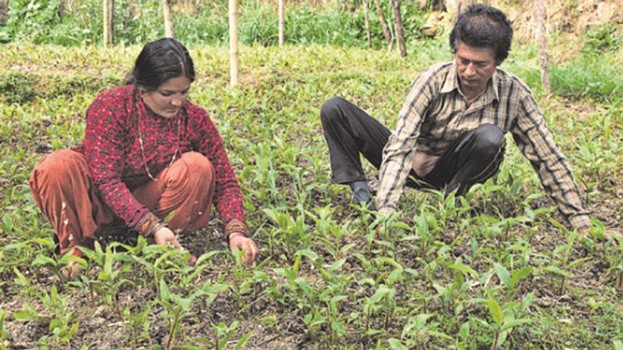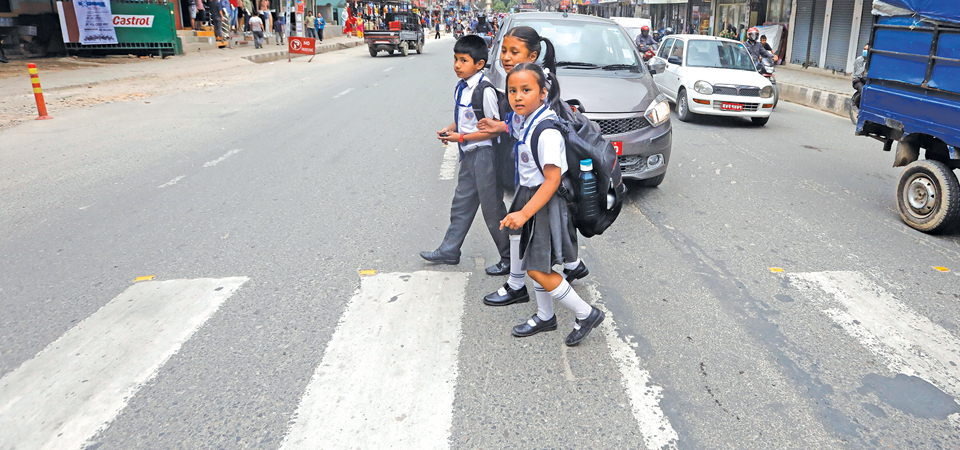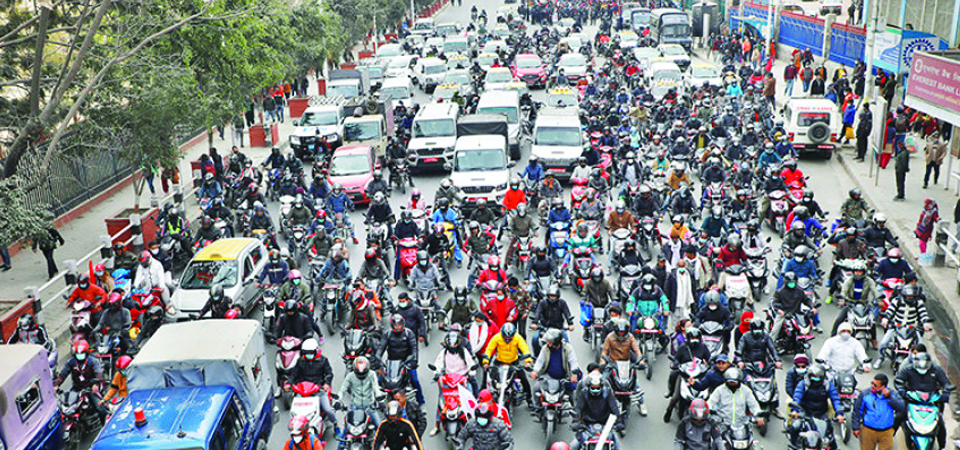Govt working to tame threat of antimicrobial resistance
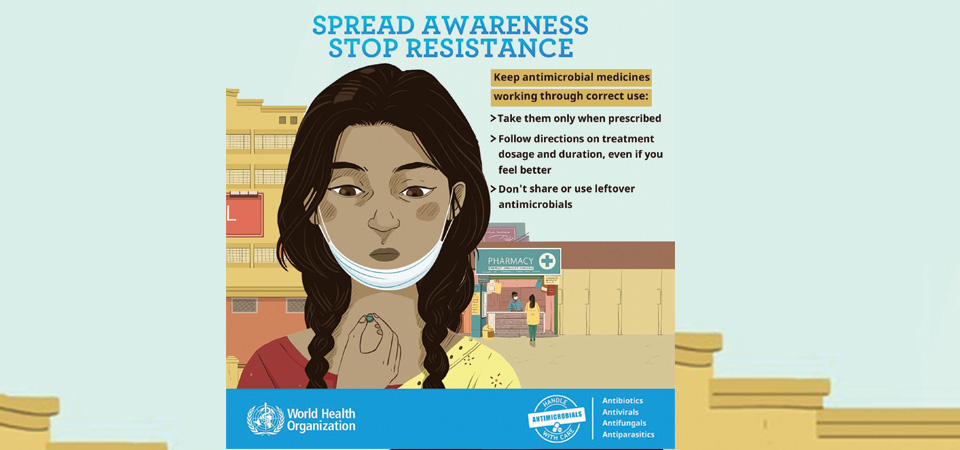
By Nayak Paudel
Kathmandu, Nov. 20: Antimicrobial Resistance (AMR) is termed one of the biggest threats to global health, food security and development.
The World Health Organisation (WHO) states that a lack of urgent action will lead the world to a post-antibiotic era in which common infections and minor injuries can once again kill many people.
Antibiotics are medicines used to prevent and treat bacterial infections and antibiotic resistance occurs when bacteria mutate in response to the use of these medicines.
Infections such as pneumonia, tuberculosis, gonorrhoea and salmonellosis are becoming harder to treat as the antibiotics used to treat them have, of late, become less effective. Similar is the case in several other infections.
“AMR is a global threat and Nepal is no exception. Consumption of antibiotics without prescription from registered medical professionals has been a major challenge,” said Dr. Krishna Prasad Paudel, spokesperson for the Ministry of Health and Population (MoHP).
Dr. Paudel, who is also the director at Epidemiology and Disease Control Division (EDCD), informed that an action plan against AMR was being prepared.
Nepal is also celebrating the World Antimicrobial Awareness Week, an annual WHO programme, from November 18-24 to intensify awareness campaigns to health stakeholders and general public. The theme for 2021 is “Spread Awareness, Stop Resistance”.
“The Office of the Prime Minister and the Council of Ministers has directed the authorities to present the action plan’s progress before mid-January next year to the Cabinet. The action
plan is almost complete,” said Paan Bahadur Chhetri, Senior drug
manager at Quality Standard and Regulation Division of the MoHP. “Antibiotics are harmful not only to humans but also to animals and environment. The action plan will have one health approach to reduce the effects on humans, animals and the environment,” said Chhetri.
As the action plan is underway, the concerned government bodies have also been monitoring the cases of AMR in the country through the National Public Health Laboratory (NPHL). It investigates the profile of infection samples, coordinating with several laboratories across the country.
Similarly, the government is also planning to indicate antibiotic medicines with a red line to make public aware about the medicine.
“The public will be made aware to not consume medicines with the red line without doctors’ prescription. We are discussing to implement the rule soon,” said Santosh KC, information officer at the Department of Drug Administration (DDA).
The DDA also informed that they planned to classify the antibiotics available in the country into three groups.
“The antibiotics under access group will be available in most pharmacies but those under watch group and reserved group will be available only in a few. None of the antibiotics will be allowed to be sold without proper prescription,” said KC.
The WHO also requests the public to complete the full treatment regimen as prescribed by doctors. Sharing or using leftover antimicrobial medicines have also been termed dangerous.
“We are in coordination with several concerned stakeholders to prevent the threats related to the AMR. We are aware of the risks and are planning to control it efficiently,” said Dr. Paudel.
Recent News

Do not make expressions casting dout on election: EC
14 Apr, 2022
CM Bhatta says may New Year 2079 BS inspire positive thinking
14 Apr, 2022
Three new cases, 44 recoveries in 24 hours
14 Apr, 2022
689 climbers of 84 teams so far acquire permits for climbing various peaks this spring season
14 Apr, 2022
How the rising cost of living crisis is impacting Nepal
14 Apr, 2022
US military confirms an interstellar meteor collided with Earth
14 Apr, 2022
Valneva Covid vaccine approved for use in UK
14 Apr, 2022
Chair Prachanda highlights need of unity among Maoist, Communist forces
14 Apr, 2022
Ranbir Kapoor and Alia Bhatt: Bollywood toasts star couple on wedding
14 Apr, 2022
President Bhandari confers decorations (Photo Feature)
14 Apr, 2022
